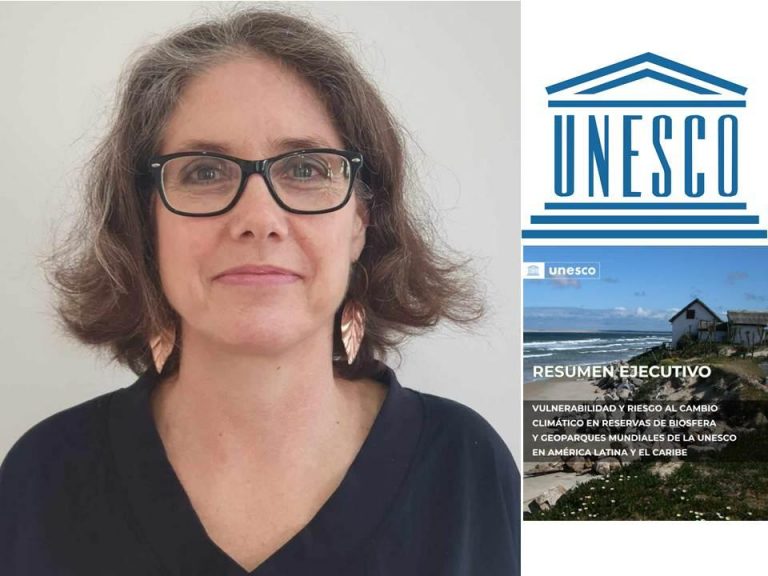The UNESCO expert commented in an interview with Prensa Latina the results that lead to this conclusion of a study, which covered 10 biosphere reserves and five global geoparks in nine countries in Latin America and the Caribbean (Argentina, Brazil, Chile, Ecuador, Guatemala, Honduras, Mexico, Saint Kitts and Nevis and Uruguay).
“This is the first global research to collect measurable data on the impact of climate change in the sites registered by the organization, since until now, we only had local perceptions and evaluations,” explained Heckler, one of the authors of the report.
The research revealed effects that exceeded those expected by the managers of these places, from the increase in temperatures and changes in rainfall patterns, with consequences ranging from droughts and floods in coastal and inland areas to forest fires and landslides.
According to Heckler, the study becomes a base sample to design a methodology that can be applied in other places, contemplating quantitative indicators and elements such as historical trends, the current situation and, above all, projections for the future.
“We consider various aspects to select global geoparks and biosphere reserves, including geographic, geological and biodiversity, in addition to the presence of urban and rural populations, for the sake of representativeness and the search for a regional vision,” she added.
The coordinator of the Program on Man and the Biosphere for Latin America and the Caribbean insisted on the urgency of limiting emissions of greenhouse gases into the atmosphere and going much further, since the research showed that there are damages that are impossible to avoid or that can only be dimmed. “Therefore, we must minimize the consequences of climate change, focus on evidence-based adaptation and act at local level, both at UNESCO sites and around the world,” she told Prensa Latina.
jrr/llp/jf/wmr










